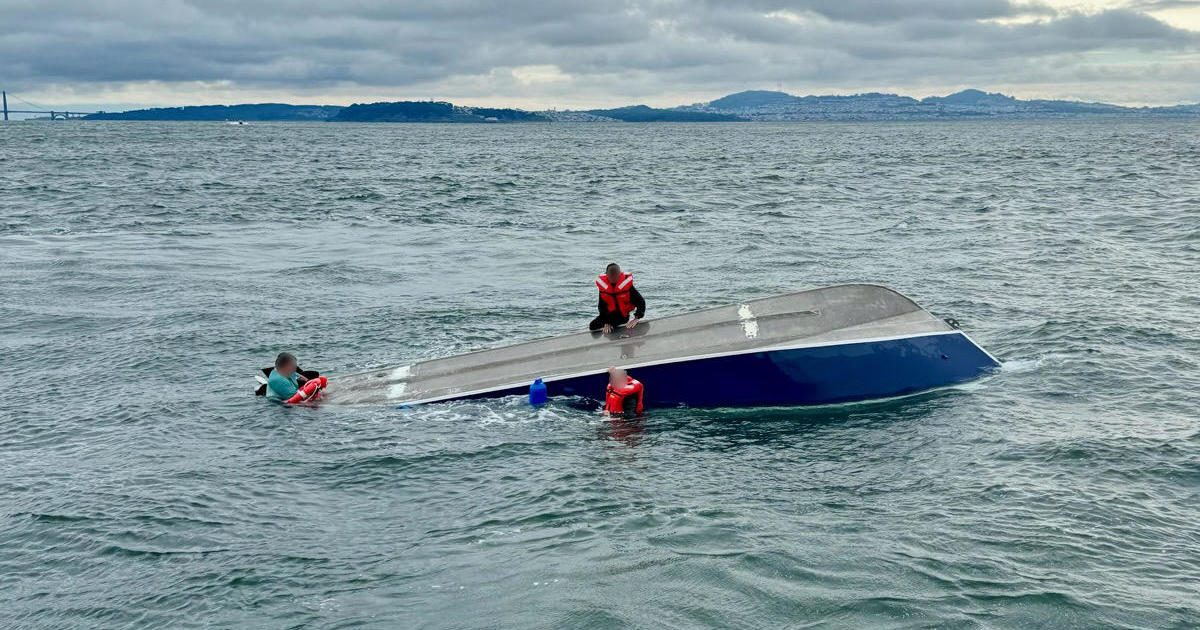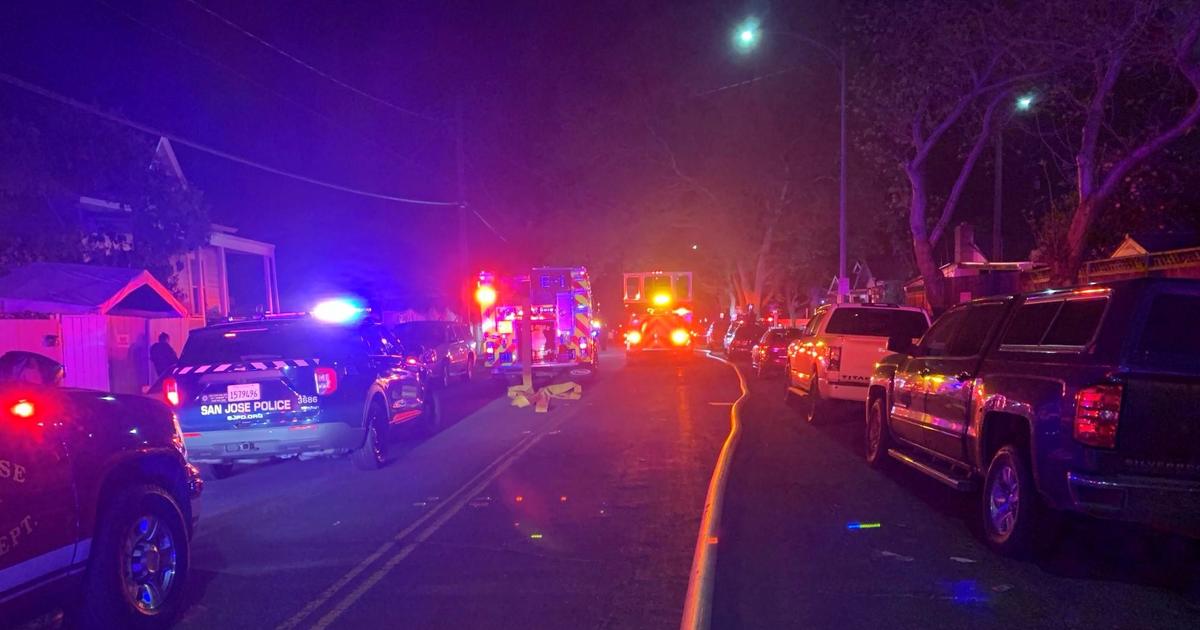Magnitude 7.7 Canadian Coastal Quake Triggers NorCal Tsunami Advisory
SAN FRANCISCO (CBS / AP / CNN) -- The National Weather Service issued a tsunami advisory for portions of Northern California and the Pacific Northwest after a powerful earthquake struck off the coast of Canada on Saturday night.
The advisory was in effect for a 450-mile stretch of U.S. coast running from 80 miles north of San Francisco at Gualala Point to central Oregon near Florence.
The U.S. Geological Survey said the advisory was triggered by a 7.7-magnitude earthquake that occurred in the Queen Charlotte Islands area of British Columbia, followed by a 5.8-magnitude aftershock several minutes later.
It was one of the biggest earthquakes around Canada in decades and was felt across a wide area around British Columbia's mainland, but there were no immediate reports of major damage.
"I was sitting at my desk on my computer and everything just started to move. It was maybe 20 seconds," said Joan Girbav, manager of Pacific Inn in Prince Rupert. "It's very scary. I've lived here all my life and I've never felt that."
"Everything was moving. It was crazy," said Prince Rupert resident Grainne Barthe. "I've felt earthquakes before but this was the biggest. It was nerve wracking. I thought we should be going under a table."
Carsten Ginsburg, a resident on British Columbia's mainland in Bella Coola, said the quake lasted for about 40 seconds.
"It shook everything. The electricity went out, the power lines were swinging all over the place and stuff was falling off the shelves."
Urs Thomas, operator of the Golden Spruce hotel in Port Clements said there was no warning before everything began moving inside and outside the hotel. He said it lasted about three minutes.
"It was a pretty good shock," Thomas, 59, said. "I looked at my boat outside. It was rocking. Everything was moving. My truck was moving."
The Pacific Tsunami Warning Center did issue a tsunami warning for for coastal areas of British Columbia, southern Alaska and Hawaii.
A tsunami warning means an area is likely to be hit by a wave, while an advisory means there may be strong currents but that widespread inundation is not expected to occur.
The first wave hit Craig, Alaska about two hours after the earthquake and was barely noticeable.
"It started off where it might be a 3-foot wave, and it kept getting downgraded," Craig Mayor Dennis Watson said. "And the last time we heard, it was less than 1 foot."
The first waves hitting the shore in Hawaii were also smaller than expected. Honolulu Mayor Peter Carlisle told residents "there's no reason to panic" and CNN reported that there was no apparent damage.
"We don't have any reports of any tsunami impacts at this time," added U.S. Coast Guard Chief Warrant Officer Gene Maestas.
Gerard Fryer, a geologist tracking the tsunami for the Center, noted that the largest wave in the first 45 minutes of the tsunami was measured at 5 feet in Maui.
Experts indicated that the earthquake likely would not generate a large tsunami anywhere.
"This isn't that big of an earthquake on tsunami scales," said Lucy Jones, a USGS seismologist. "The really big tsunamis are usually up in the high 8s and 9s."
She explained that the earthquake occurred along the "fairly long" Queen Charlotte Fault - Canada's equivalent of the San Andreas Fault - in a subduction zone, where one plate slips underneath another. Such quakes lift the sea floor and can cause tsunamis, she said.
Canada's largest earthquake since 1700 was an 8.1 magnitude quake on August 22, 1949 off the coast of British Columbia, according to the Canadian government's Natural Resources website.
Saturday's quake was the strongest in Canada since 1958 when a 7.9 magnitude quake struck along the B.C.-Alaska border about 300 miles northeast of Saturday's epicenter, according to the website.
(Copyright 2012 by CBS San Francisco. All Rights Reserved. This material may not be published, broadcast, rewritten, or redistributed.)



